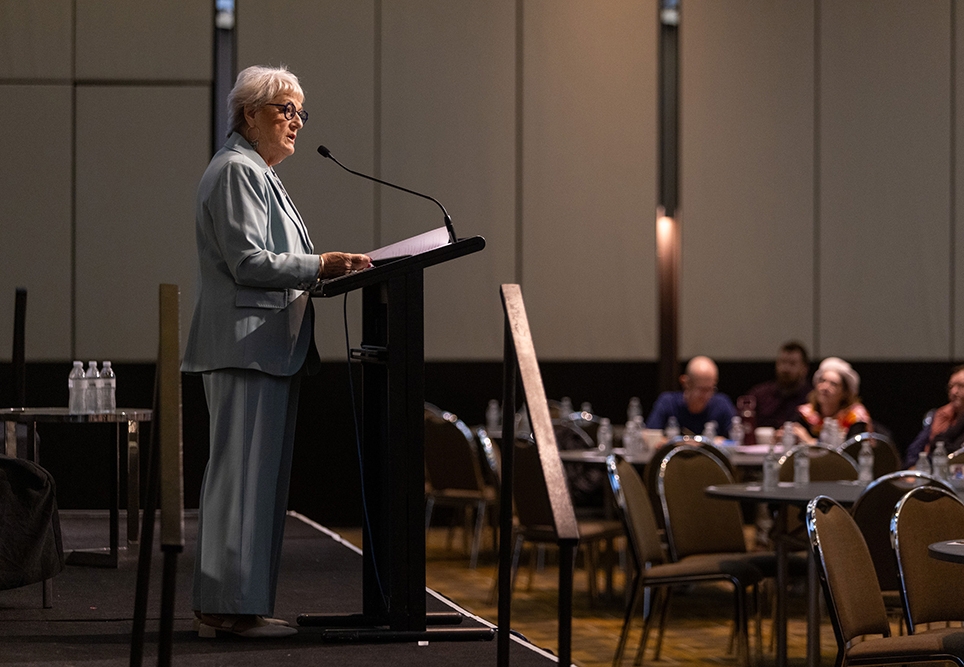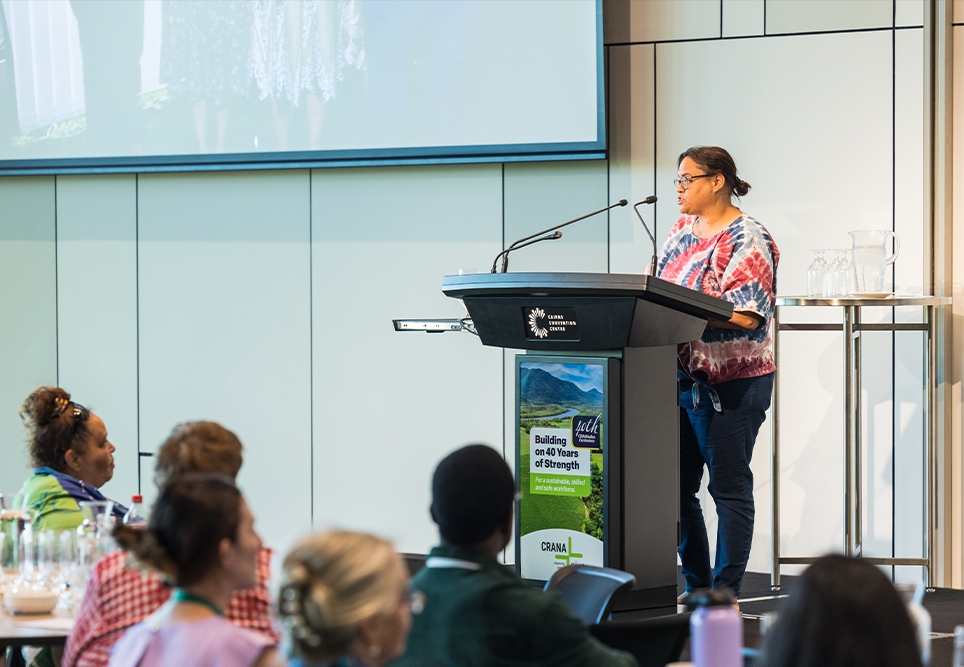
Tell us a bit about your role in Halls Creek. How was it different to your work on Mamu Country/Cassowary Coast? In terms of remoteness, geography, skills, workload, people, et cetera?
Whilst my background is in primary health care (PHC), specifically working in Aboriginal and Torres Strait Islander health in a rural setting and in two outreach towns, Babinda and Tully, as a new registered nurse to rural and remote nursing, my RAN career pathway needed ED exposure.
Fortunately, my extremely supportive agent listened and understood my career pathway to becoming a RAN. He supported this by acknowledging my background in Aboriginal and Torres Strait Islander PHC, predominantly working in a rural setting, and transitioned me into the very small rural community of Halls Creek, situated in the beautiful Kimberley region of Western Australia.
The Halls Creek Hospital is a multipurpose centre with a three-bed emergency department, an eight-bed general ward, and a primary healthcare doctor and nurse available Monday to Friday. The Director of Nursing, Clinical Nurse Coordinator, doctors, nurses, and paramedics provided me with a positive, supportive learning environment to build on my skills as a new RAN, helping me gain essential emergency department skills to further my remote area nurse career.
Working in a hospital environment and dealing with shift work was a rewarding challenge.
I was exposed to morning, afternoon, and night shifts, as well as on-call duties. My PHC eyes were opened to a new world of monitoring high-risk, deteriorating patients requiring Royal Flying Doctor Service transfers out to Broome, Kununurra, and Perth. I was actively involved in mental health emergencies and gained fundamental insight and hands-on experience in recognising and acting quickly on deteriorating adult and paediatric patients.
My scope of practice has widened in the most supportive environment, allowing me to progress in my journey as an upcoming RAN.
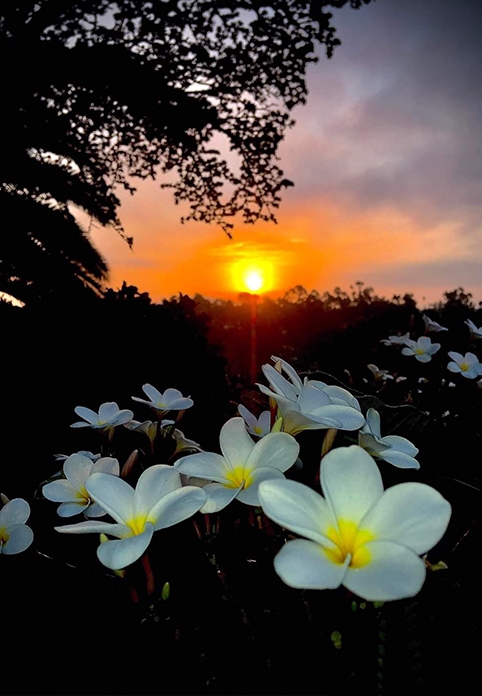
What was the most rewarding experience in Halls Creek?
Interacting and getting to know the First Nations people of the Halls Creek community. I have enjoyed sharing the laughing times, happy times, and sad times of those who walked through the hospital doors.
This experience has helped me feel alive in my own Aboriginality, pursuing my journey of understanding who I am and where I come from as a First Nations Noongar.
You have built your primary healthcare skill set through experience and training. How did these benefit you in Halls Creek? Were there any ‘a-ha’ moments when you were able to draw on the skills you had learned?
I used to smile and laugh a lot when I had an ‘a-ha’ moment. The ‘I get it’, and high-five moments among myself and others’ ‘a-ha’ moments were an everyday occurrence working with clinicians at all different levels of experience.
The greatness of being new on my journey to remote area nursing is you never stop learning on the job – it’s an exciting adventure!
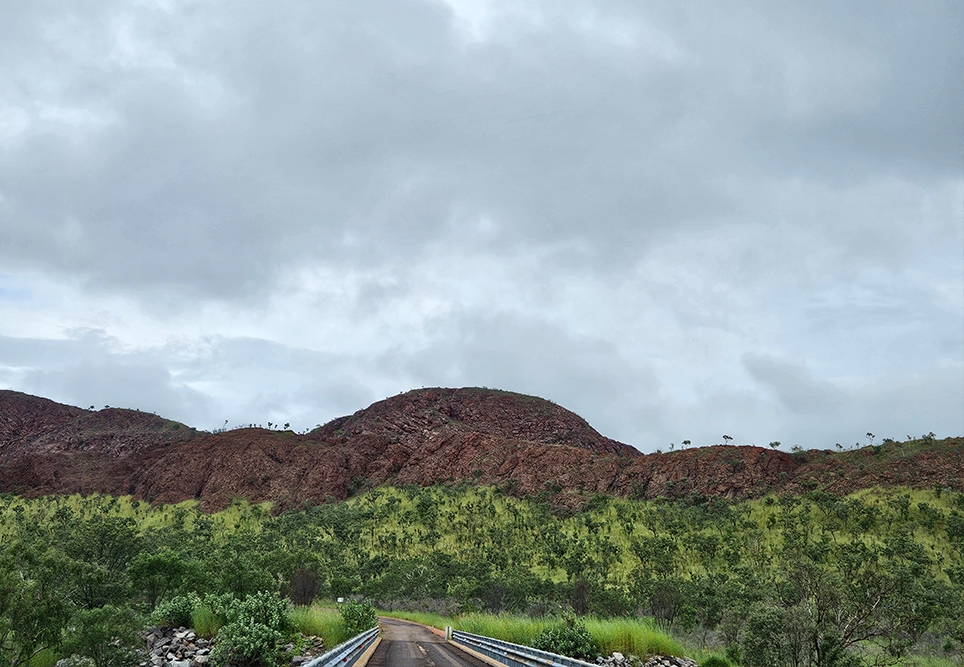
In life, it’s so easy to ignore advice and only believe something after you’ve experienced it firsthand (i.e. ‘learn through mistakes’). What convinced you to take your time with your transition to remote?
First Nations people’s holistic health is extremely complex. The more remote my career becomes, the more complex holistic health issues will be present. As First Nations health professionals, we understand and have lived experience with the determinants of health and firsthand knowledge of how these directly and negatively influence our people’s healthcare journeys. As a registered nurse, I need to be at my best for my people. I need to start from the beginning and work my way up so I can be there for them when they need me most.
What challenges have you encountered on your journey to getting remote and how have you overcome them?
Acknowledging and understanding that you don’t just walk into remote area nursing, it is a work in progress for a reason – it is a specialty in its own right and a progressive one. Remote area nursing is not for everyone. Unfortunately, the ugliness due to the lack of knowledge and awareness regarding First Nations people is prevalent. The true hard facts need to be communicated about the issues that First Nations professionals and communities encounter in their professional and daily lives, both past and present.
I overcome this by advocating for myself and my people, as I have always done throughout my personal and professional life.
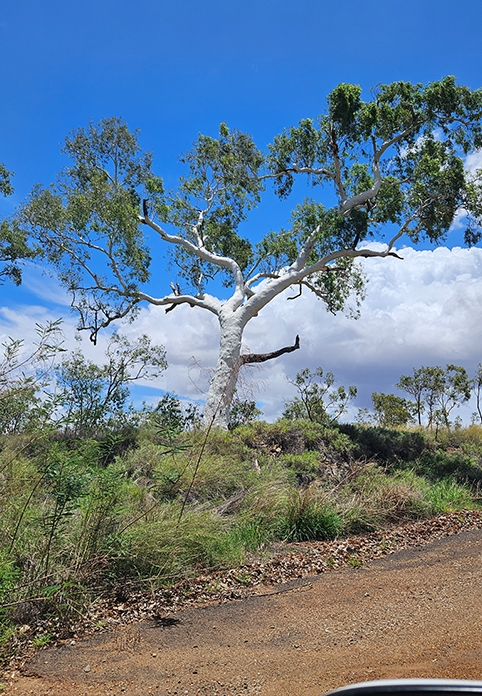
Do you have any advice for fellow nurses or students out there who might be considering remote health as a career option?
Get out there and do it, you will never look back!
First and foremost, it is essential to educate yourself on the history of First Nations people. Don’t just read it, understand it!
I recommend having face-to-face cultural awareness training, as online training will never do you the same justice.
Access CRANAplus’ Becoming a remote area nurse: essential knowledge free online module, and start with a transition-to-remote nursing program. On the CRANAplus website, you can also find helpful resources and information about pathway incentives.
If you are more experienced, get your PHC skills up, be proactive, and network, network, network!
Never make it about the money, take every opportunity to do it for the First Nations people in the communities that you work for because every single day is worth it and they will remember who helped them when they needed someone the most.
What’s next for you?
To continue on my journey to a remote area nurse career – it is all one hundred per cent worth it.


